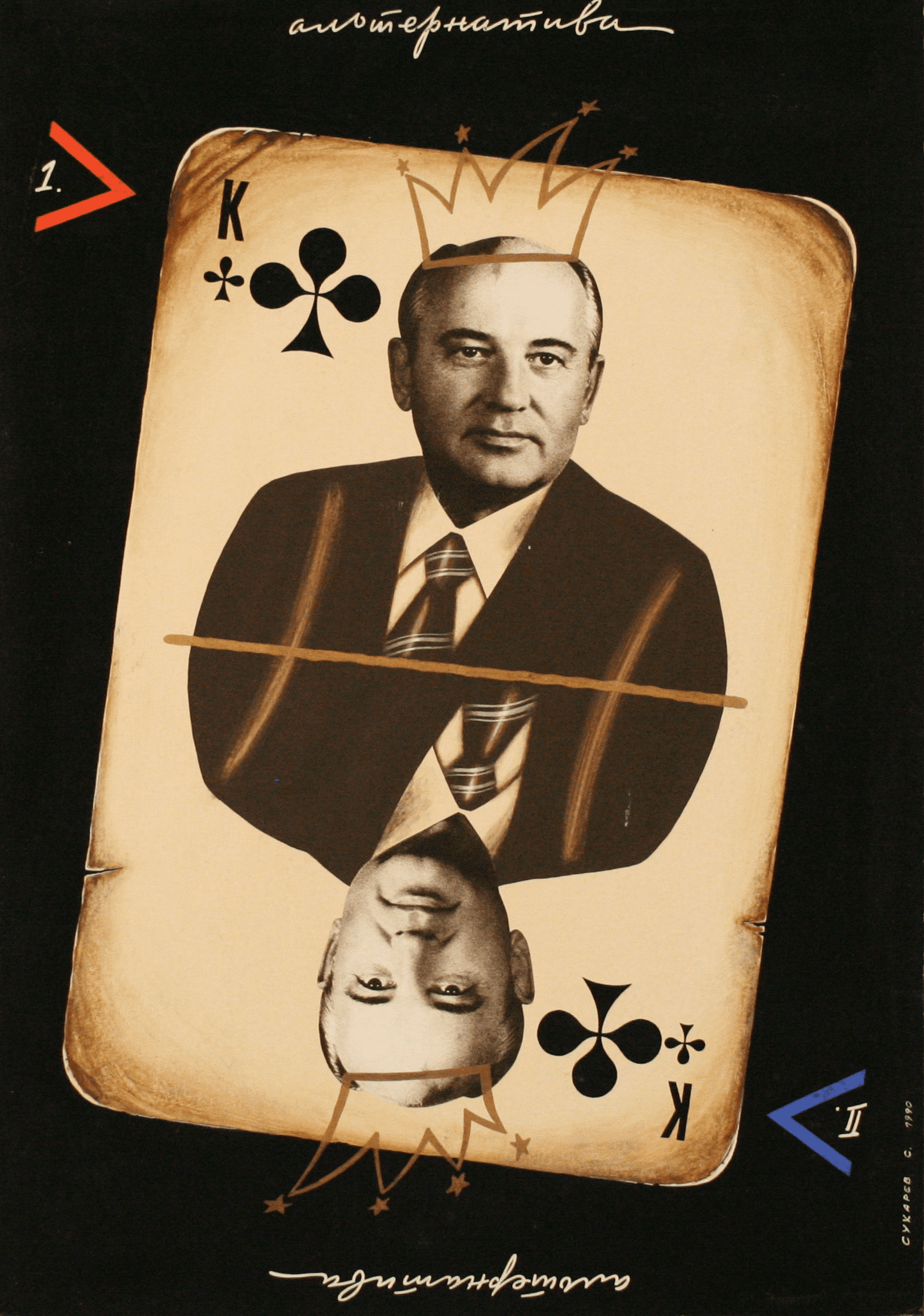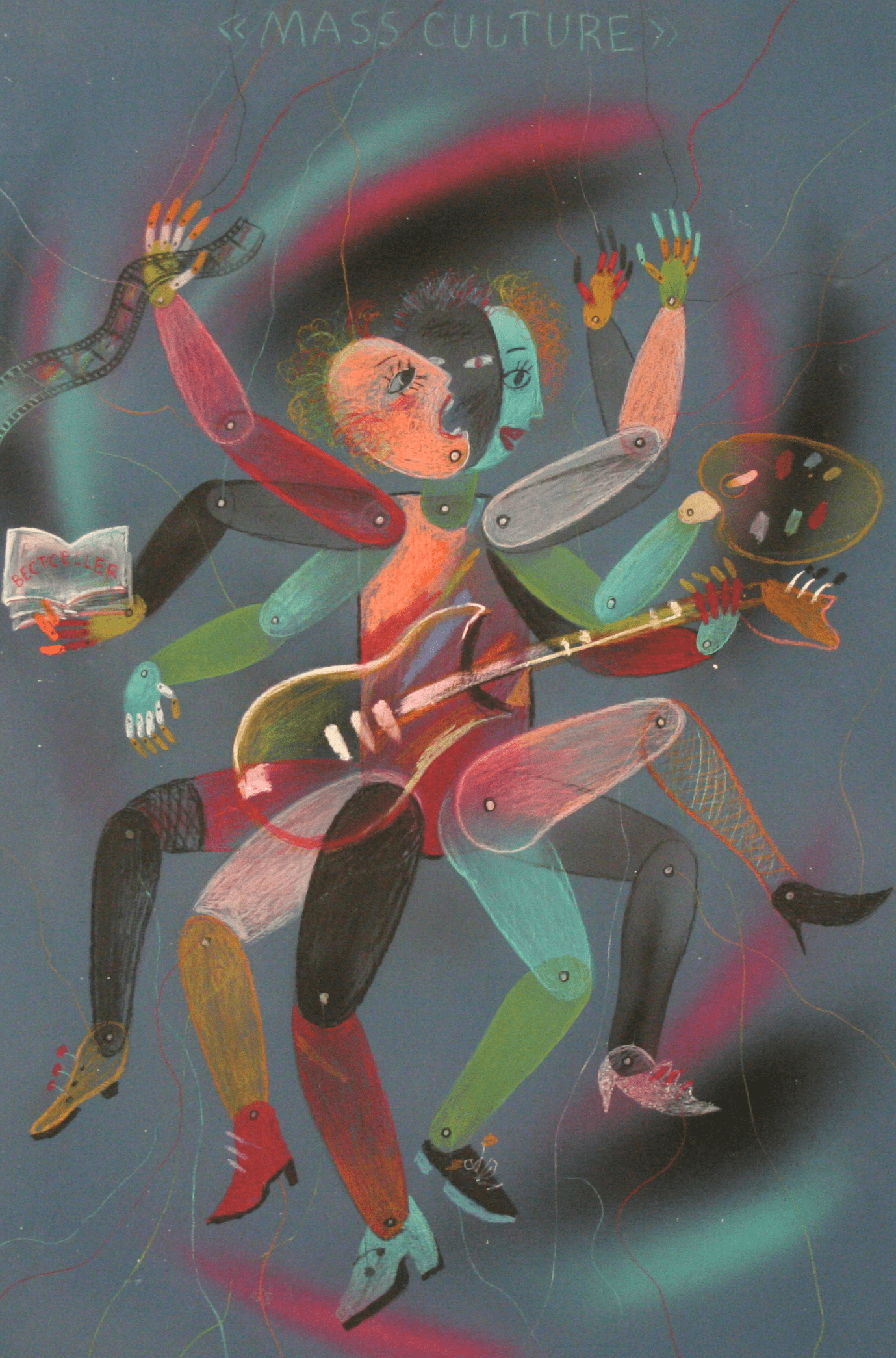By Stefanie Kreibich
The ”Brigadebuch” or ”Brigadetagebuch” was a diary that every collective in East German enterprises had to create yearly. The term ”Brigade” has its roots in the Russian language, where it draws its meaning as a unit of co-workers.

The Brigadebuch showcases all aspects of the professional life of the East German workers. However, from today’s current perspective, their professional life seems to be a rather vague mixture of both professional and private life.
After scrutinizing a handful of Brigadebuecher (German plural), the general layout and content of these diaries was clear. Brigadebuecher had several official and unofficial functions. On the one hand, the worker units had to document their achievements in an attempt to fulfill the economic plans given by the government. On the other hand, working according to socialist norms required commitment to the group of people that formed the Brigade. The pictures and reports in the diaries reveal stories of bachelor parties, day-trips and weekend parties that co-workers celebrated together.
Besides its character as a documentation of the fulfillment of socialist duties, the Brigadebuch was also a form of creative self-realization of the person who actually made the Brigadebuch. Besides photos, newspaper articles and data, it contained drawings, graphic designs or even poetry created by the workers.
For historians today Brigadebuecher are a very interesting source of GDR history, because they document how different layers of society were linked together with socialism as their connective element. It was common for Brigade to have contractual partnerships with school classes which was, of course, documented in the Brigadebuch. From what can be seen in the diaries, these partnerships were more pretentious than real. It seemed very bizarre to read about 6-year olds congratulating the workers on the first of May or about the Brigade members sending greeting cards to children on the occasion of their newly achieved membership in the Pioneer organization.
For German speakers with a further interest in Brigaebuecher I recommend a doctoral thesis by Angelika Wolters called ”Alltagskommunikation in der DDR – eine pragmalinguistische Untersuchung der Textsorte Brigadetagebuch” with a focus on the aspects of language use in the Brigadebuecher which can be downloaded as a pdf-file.







